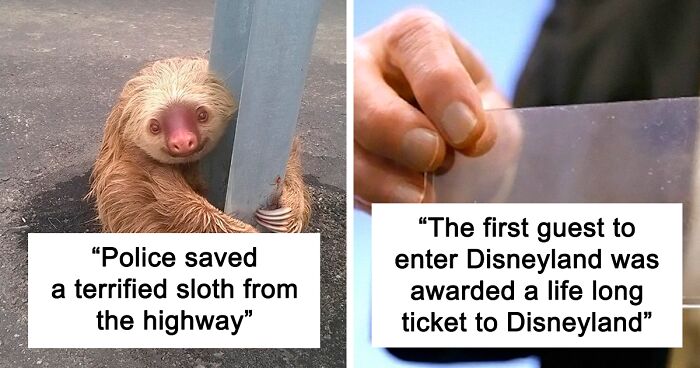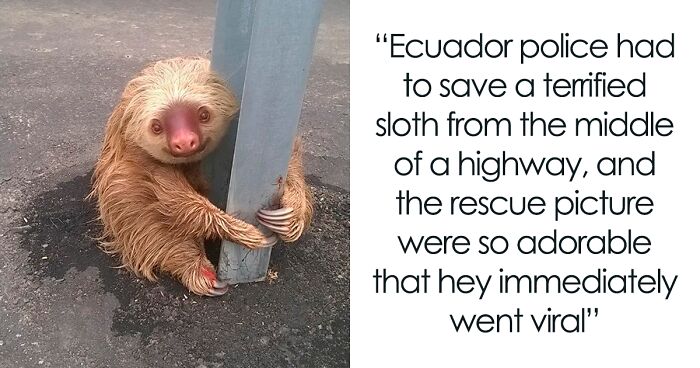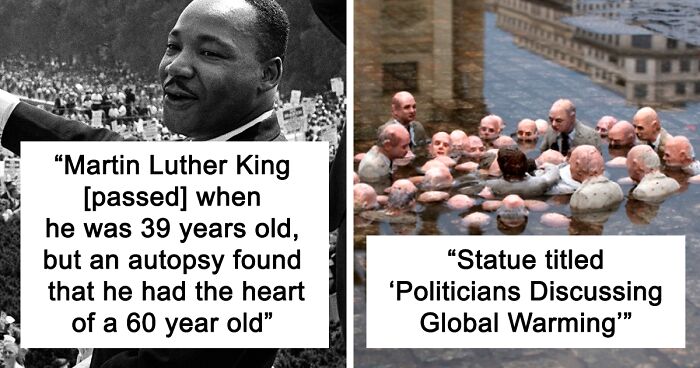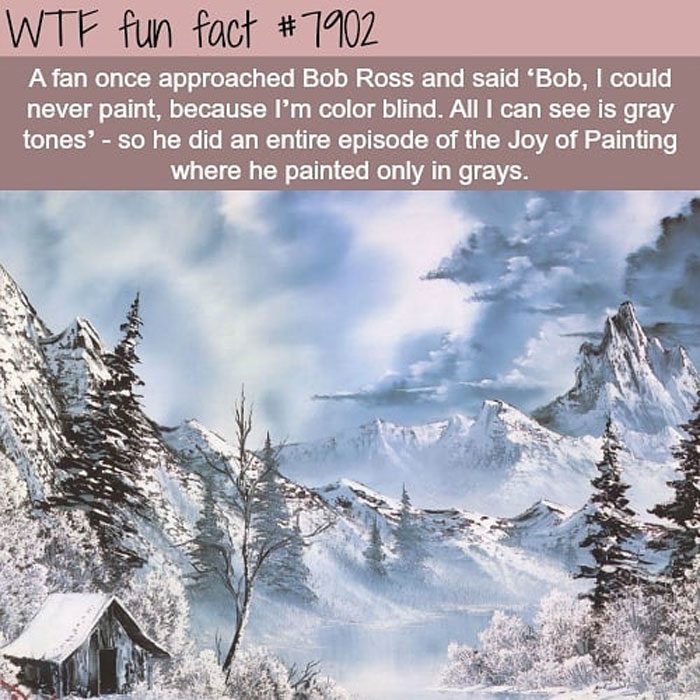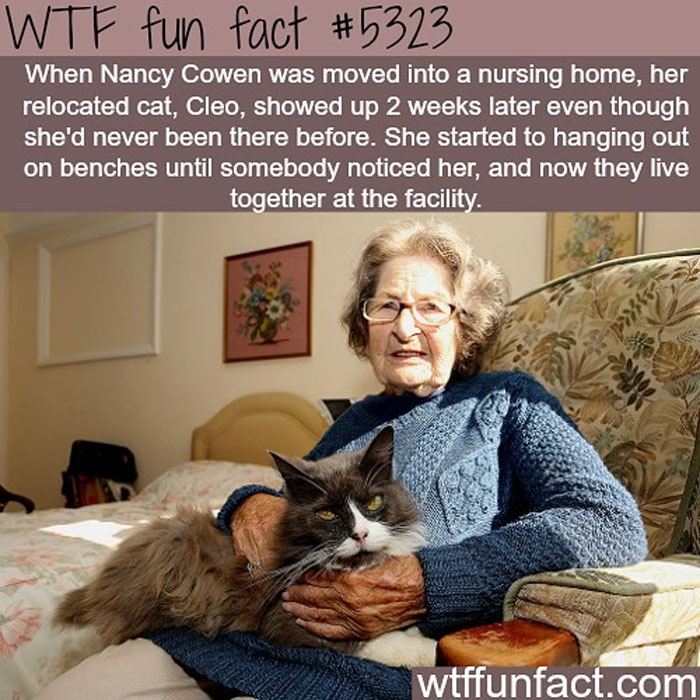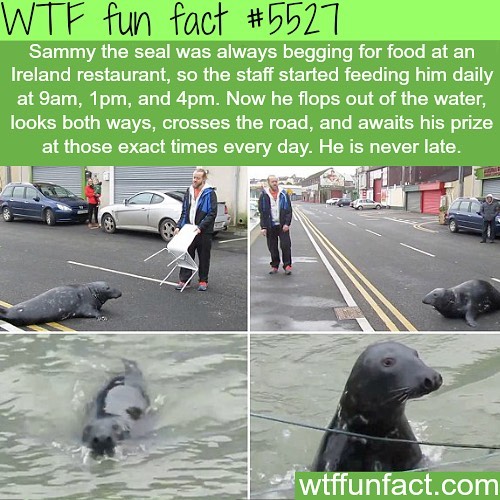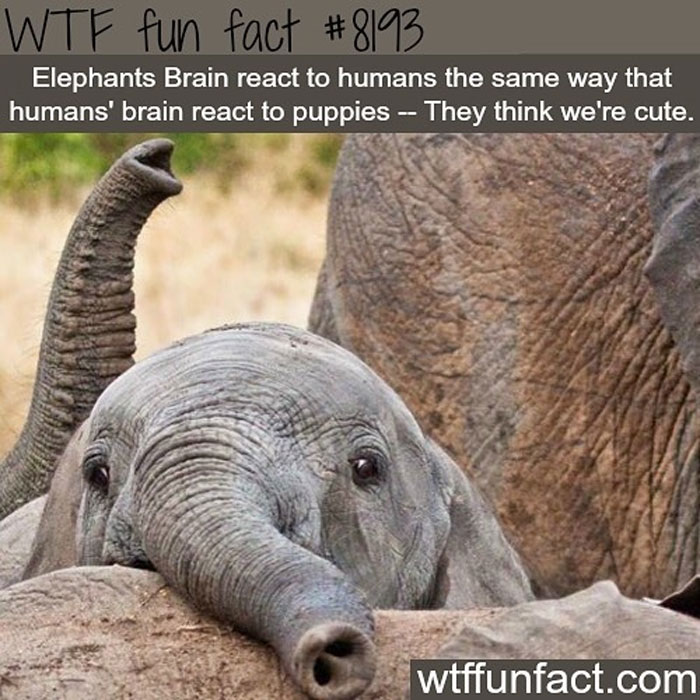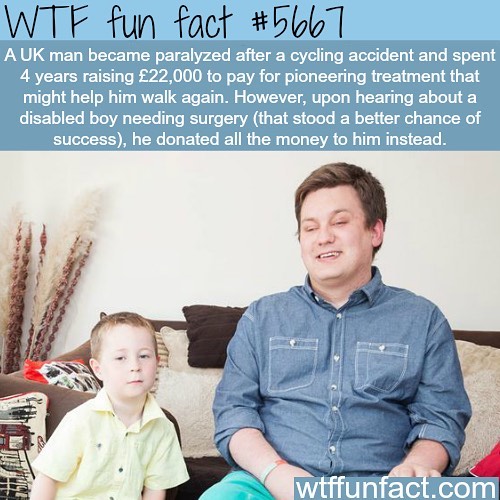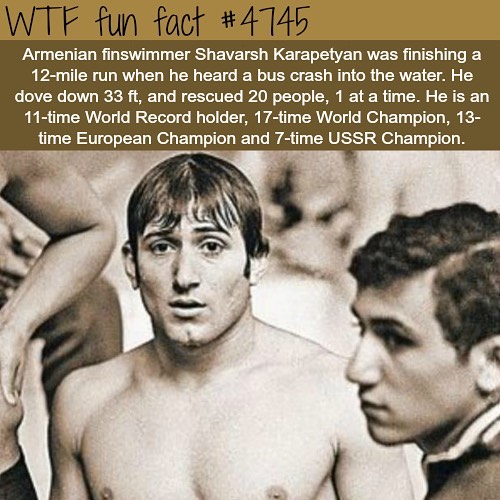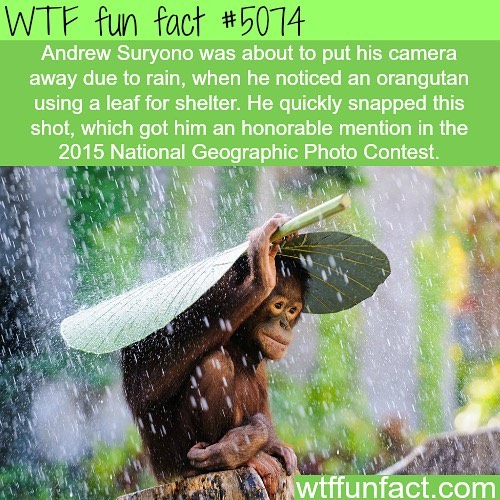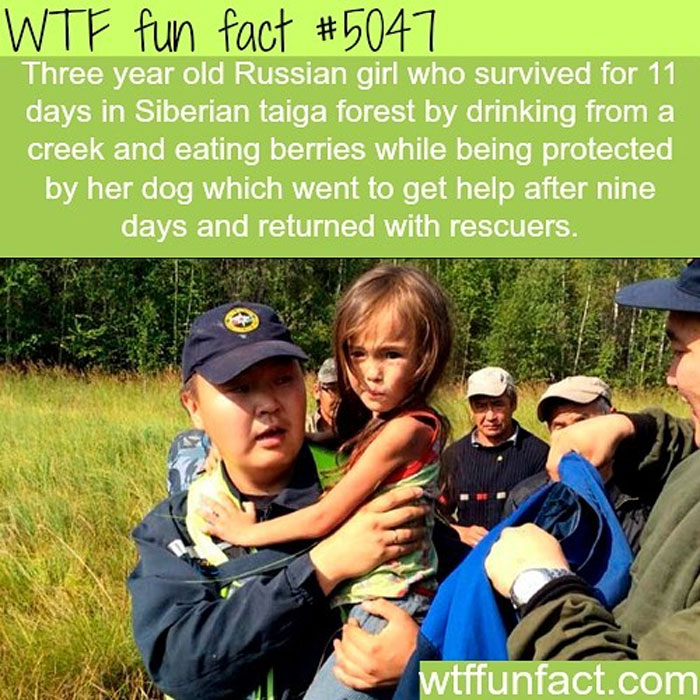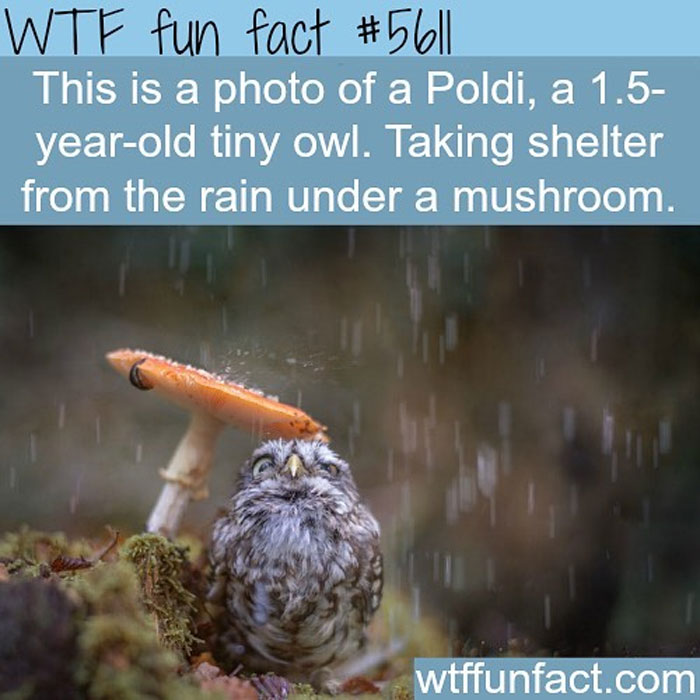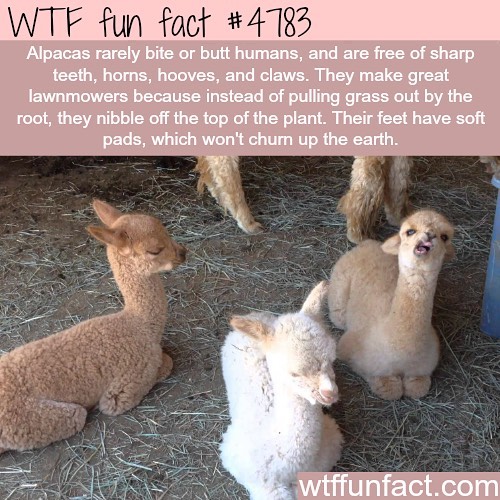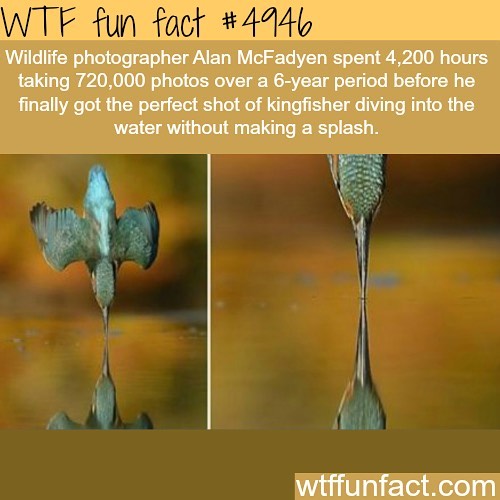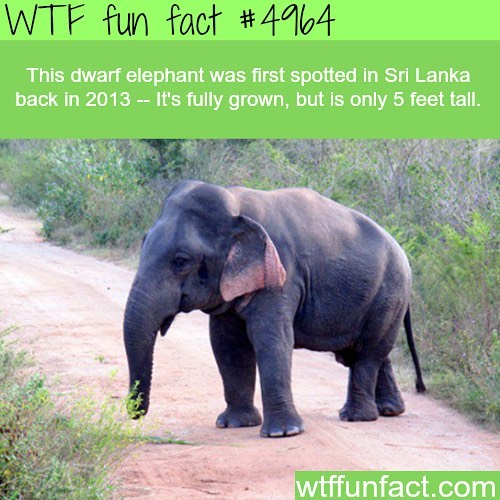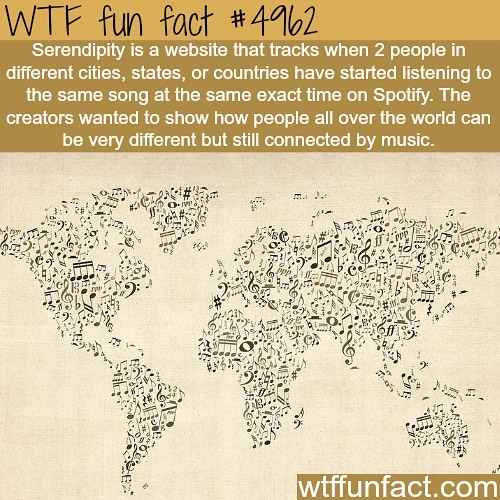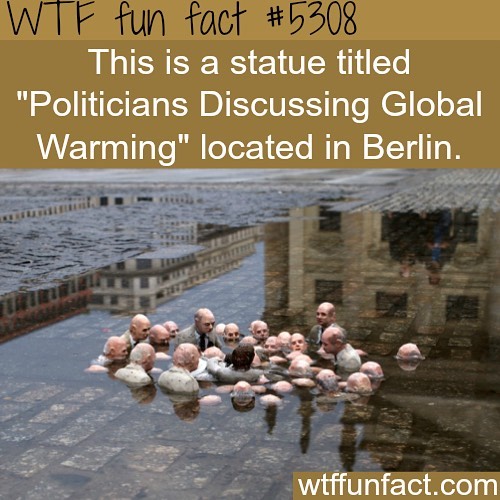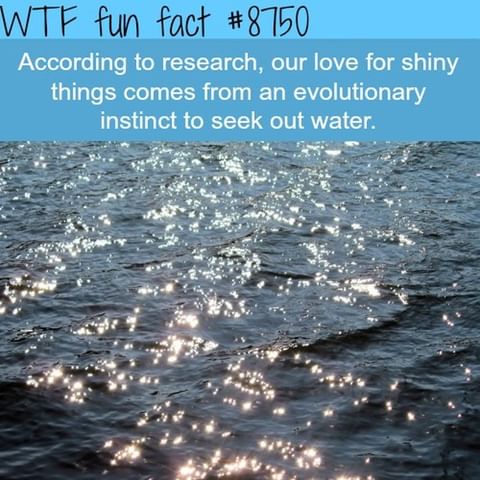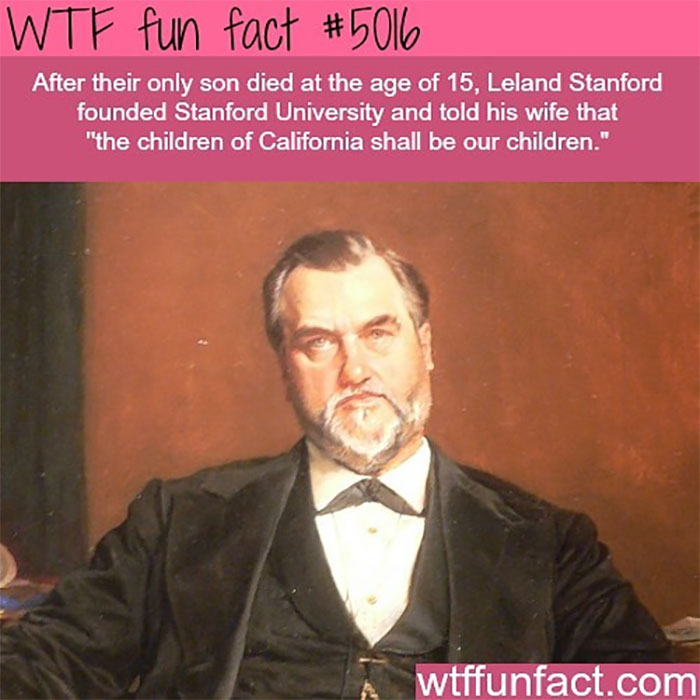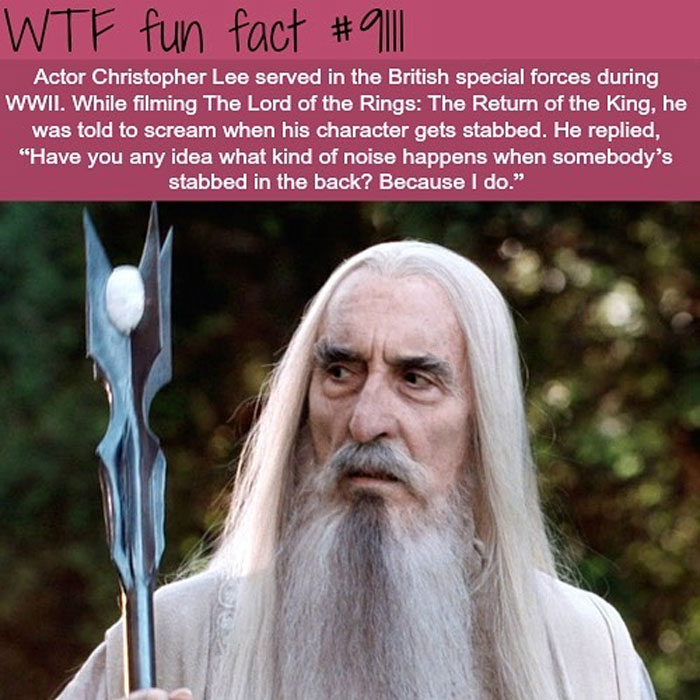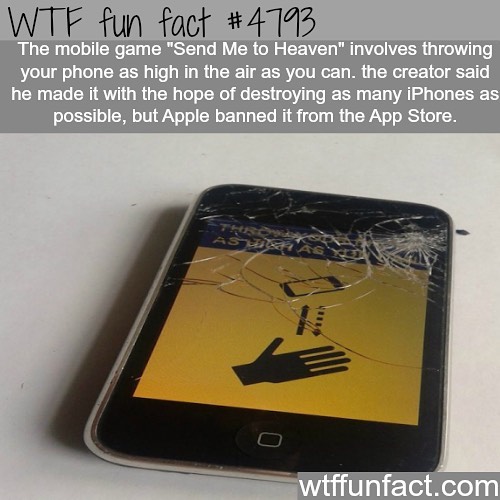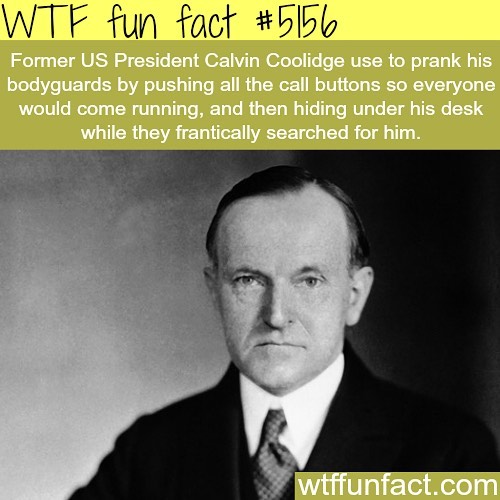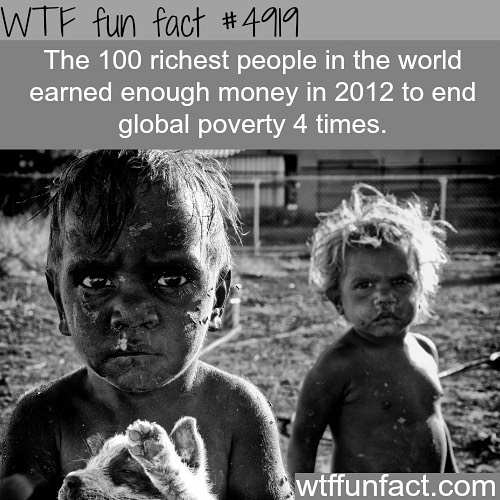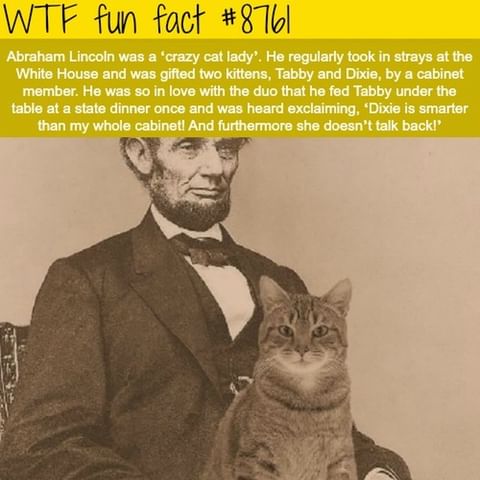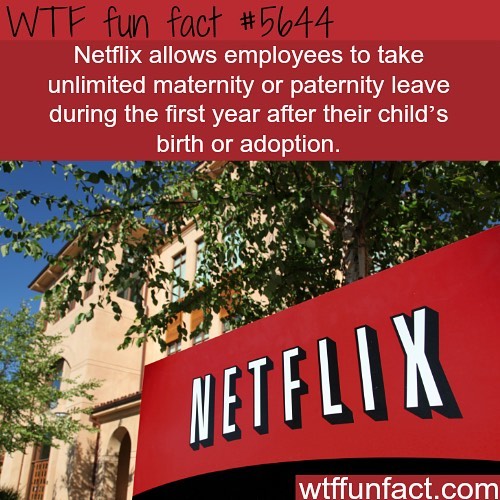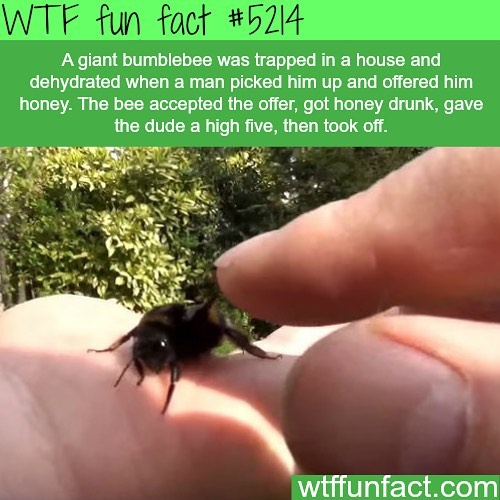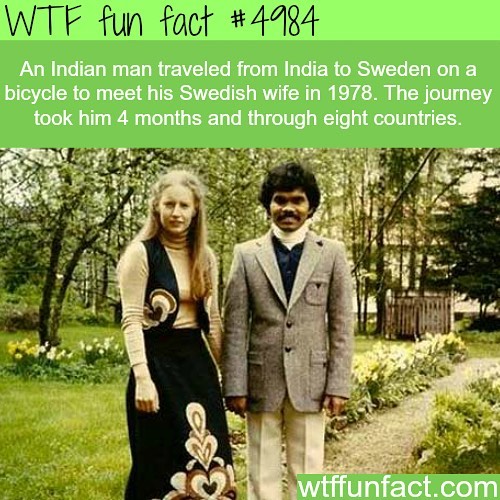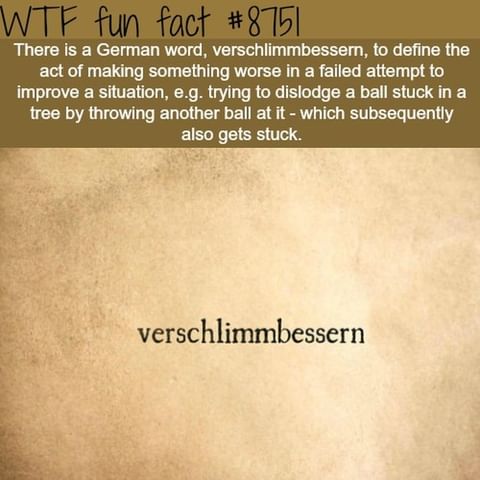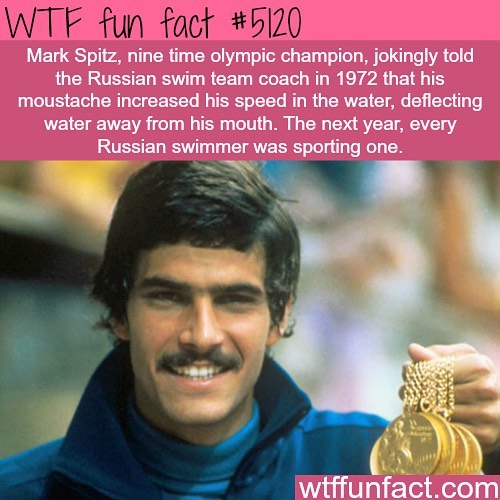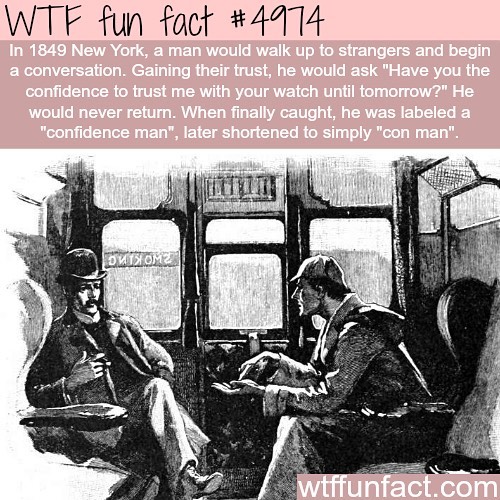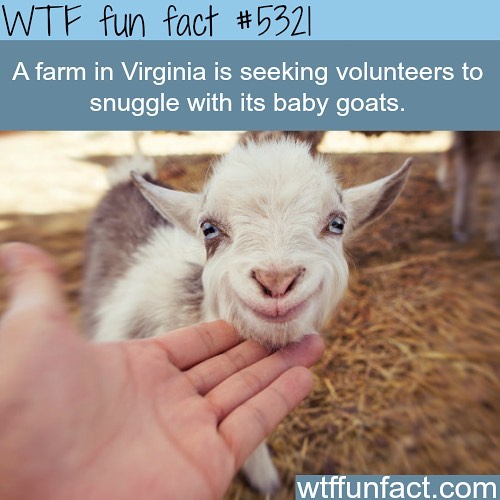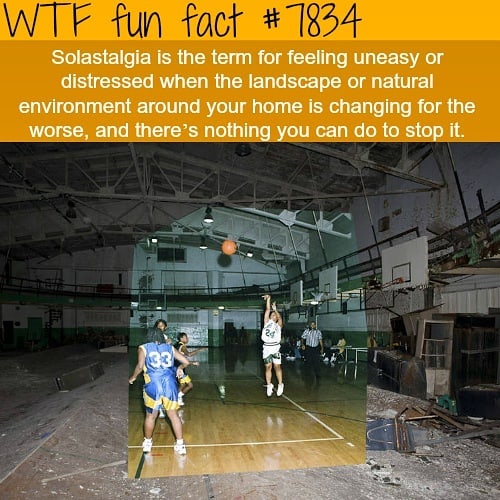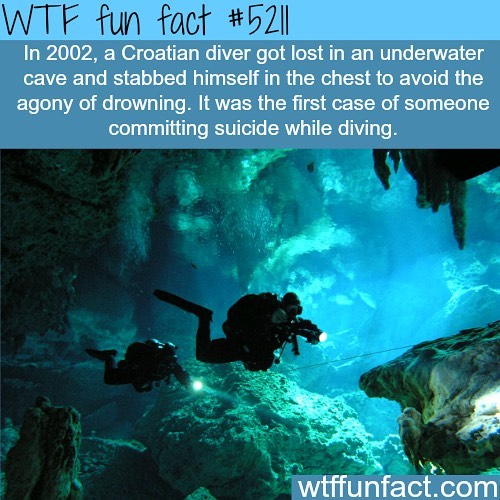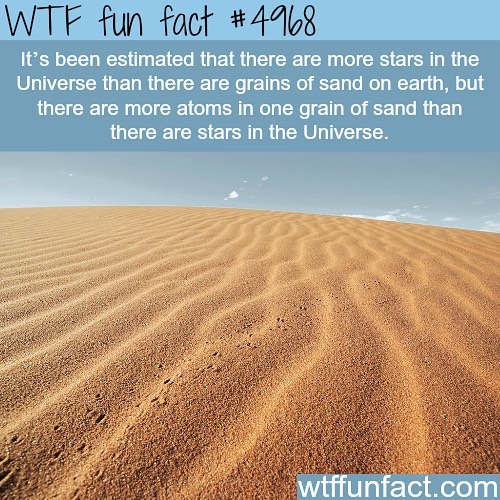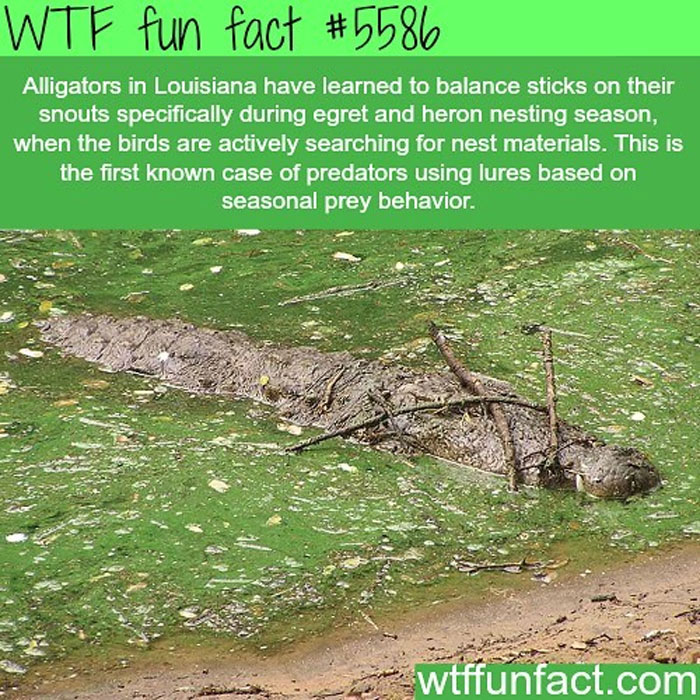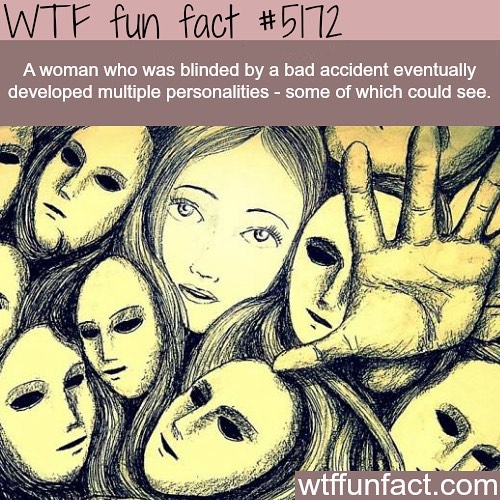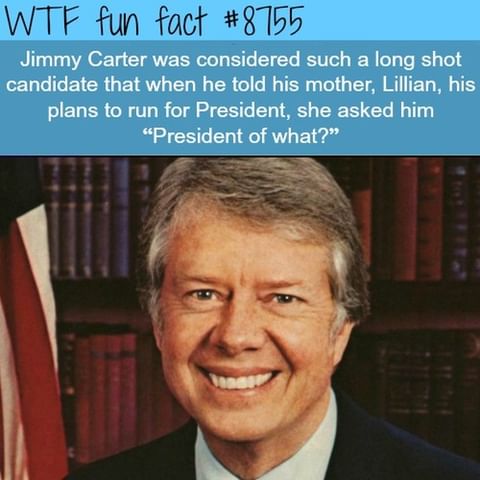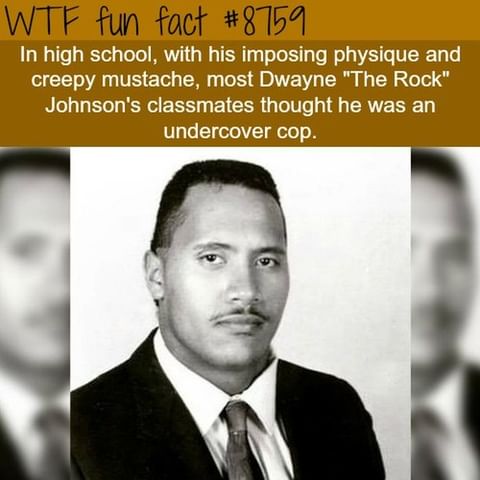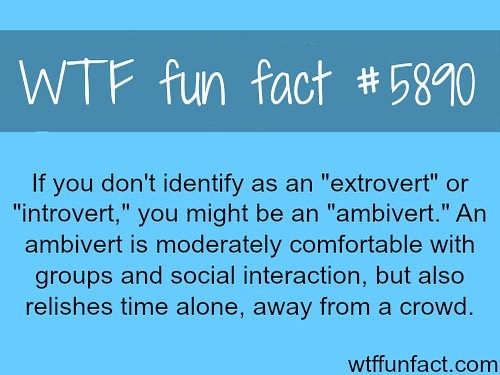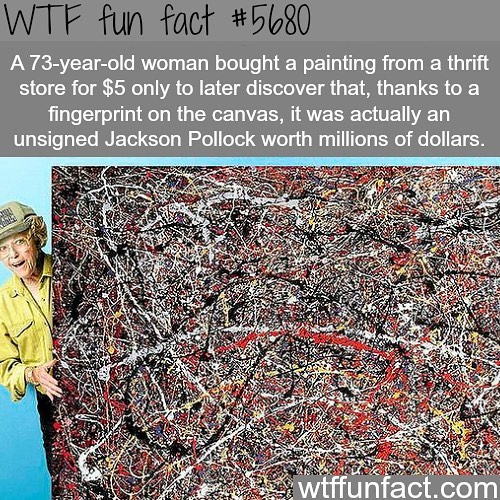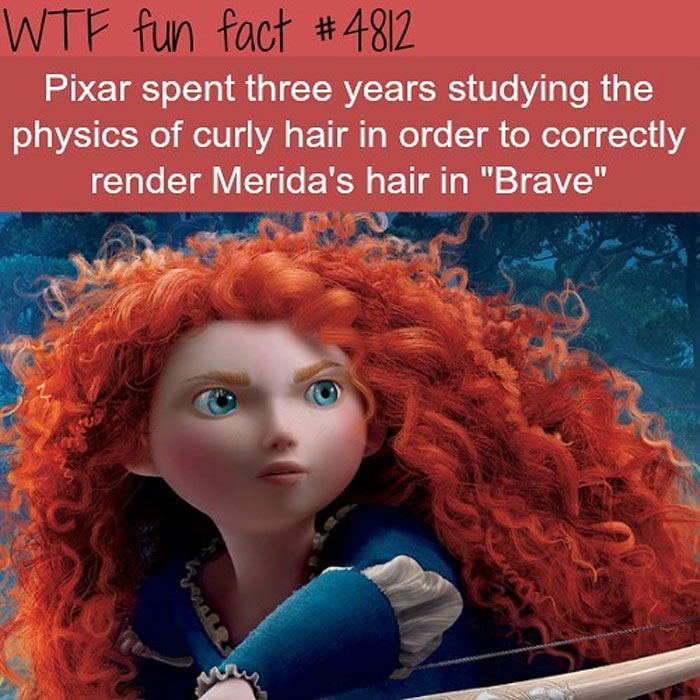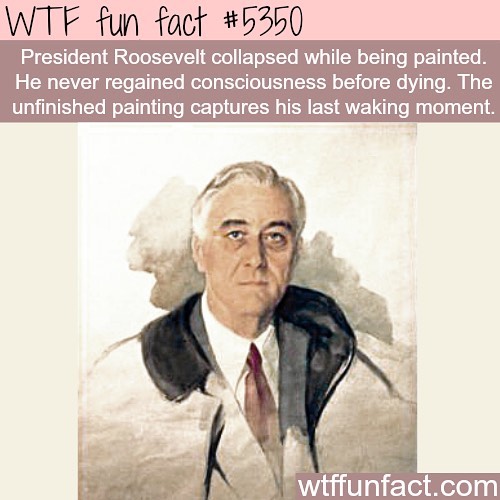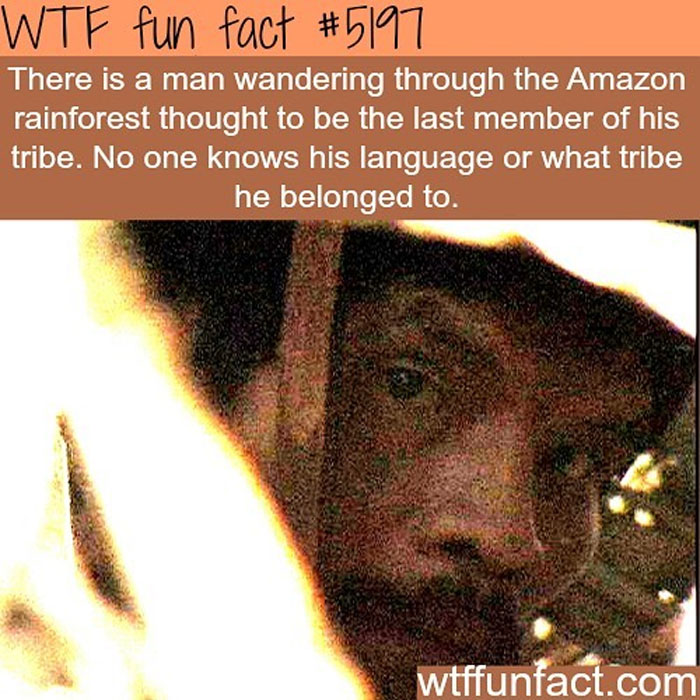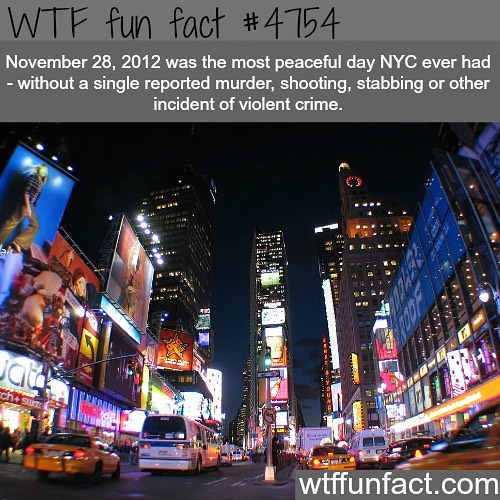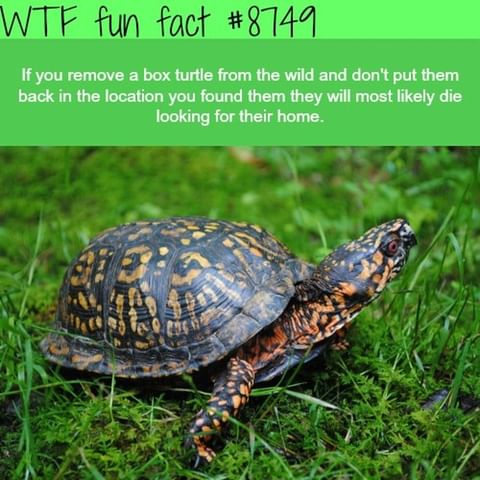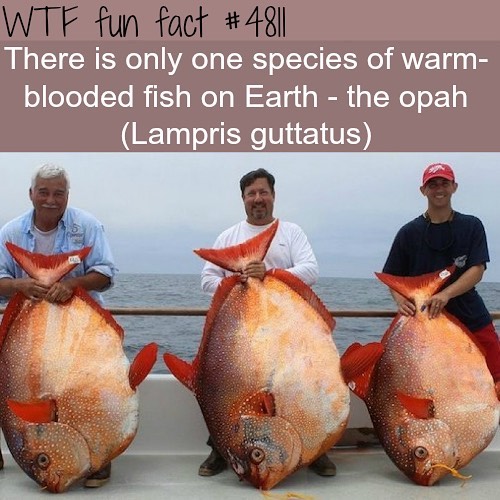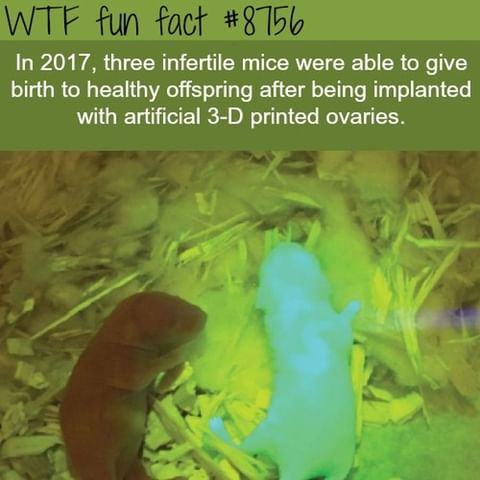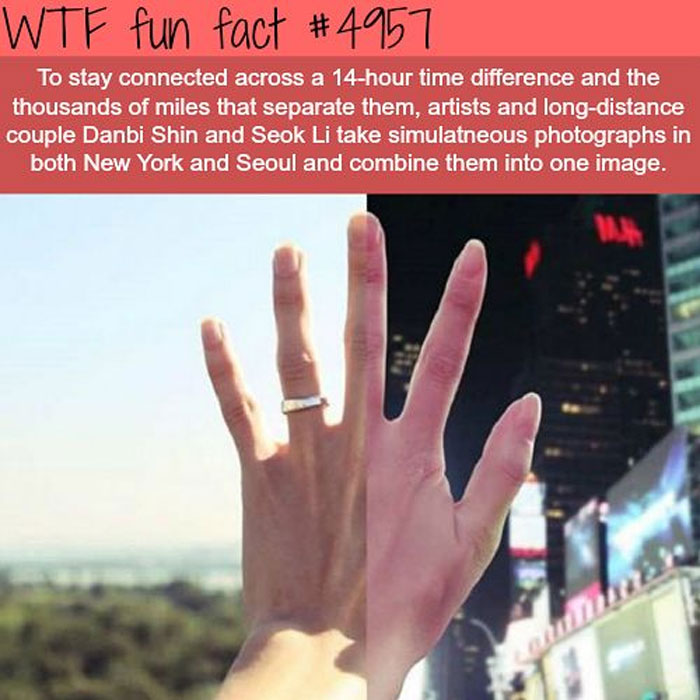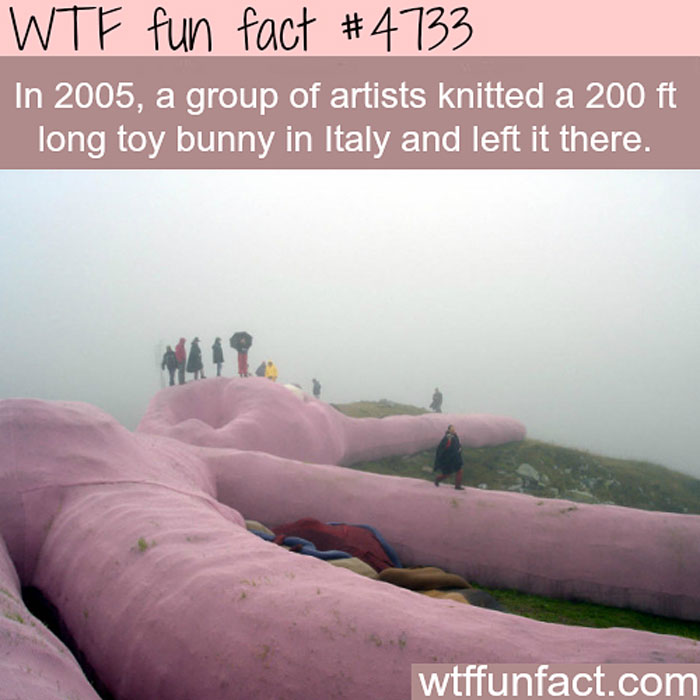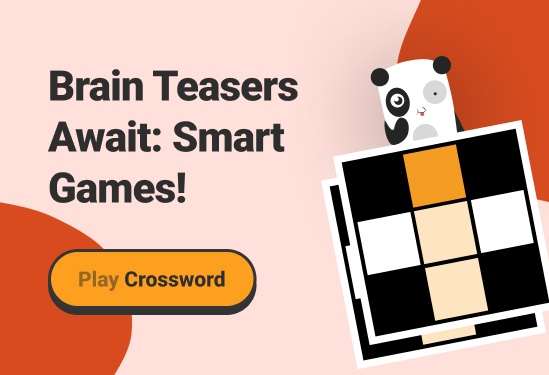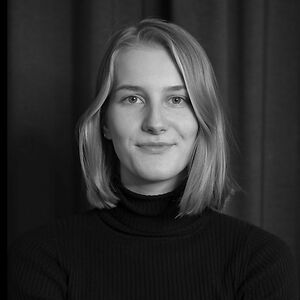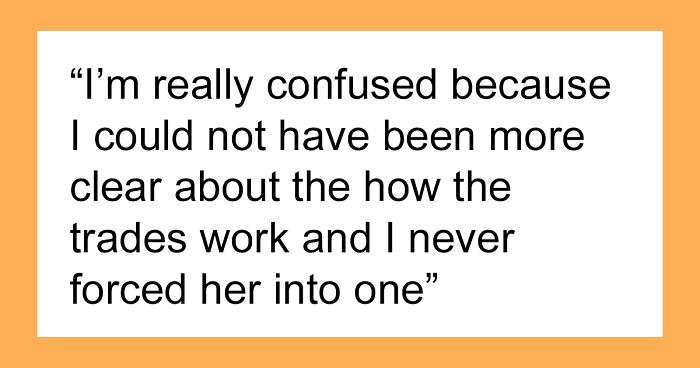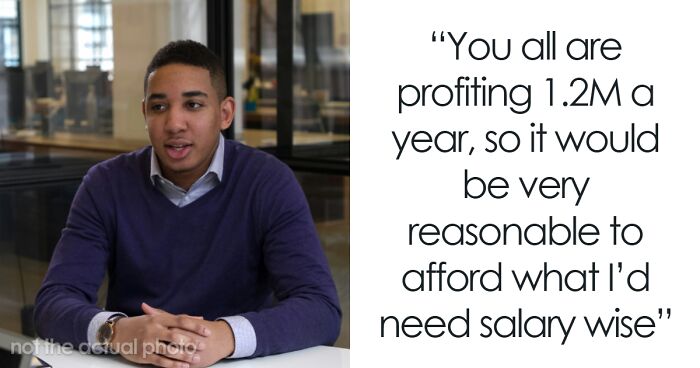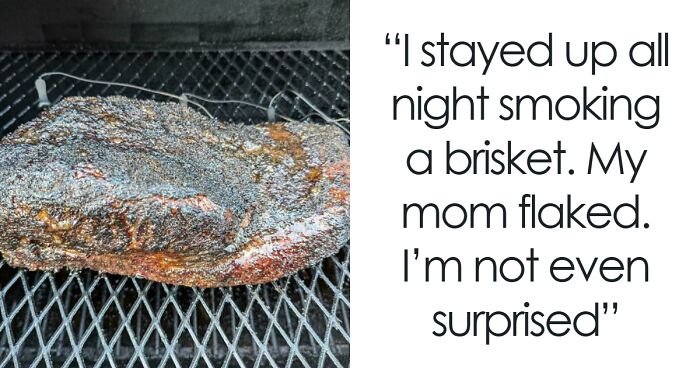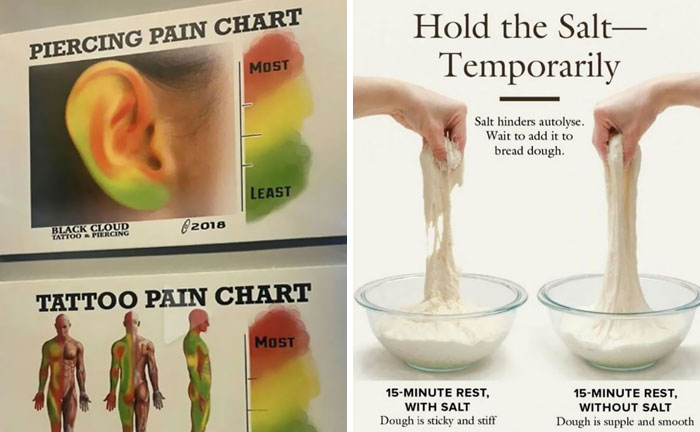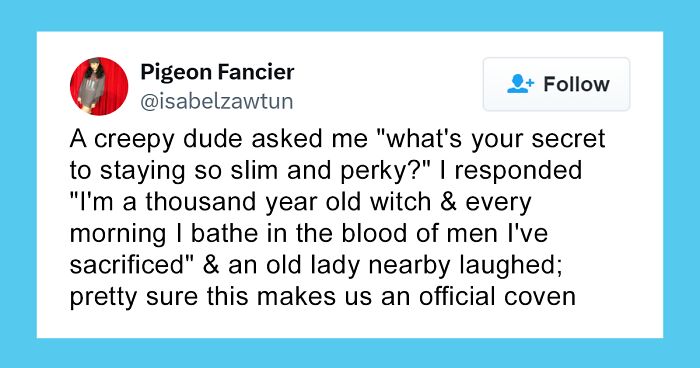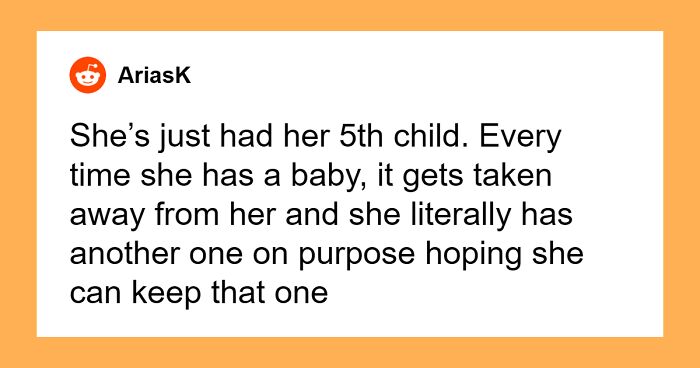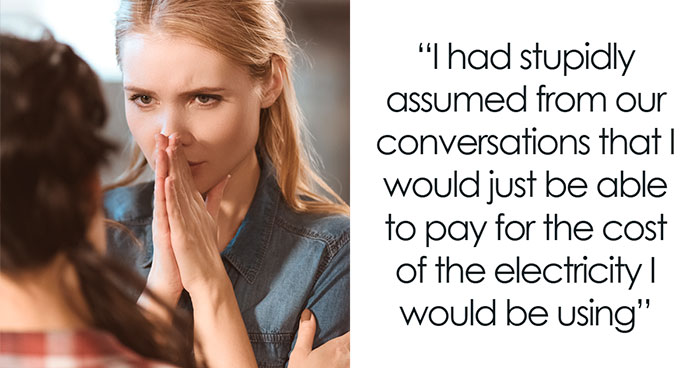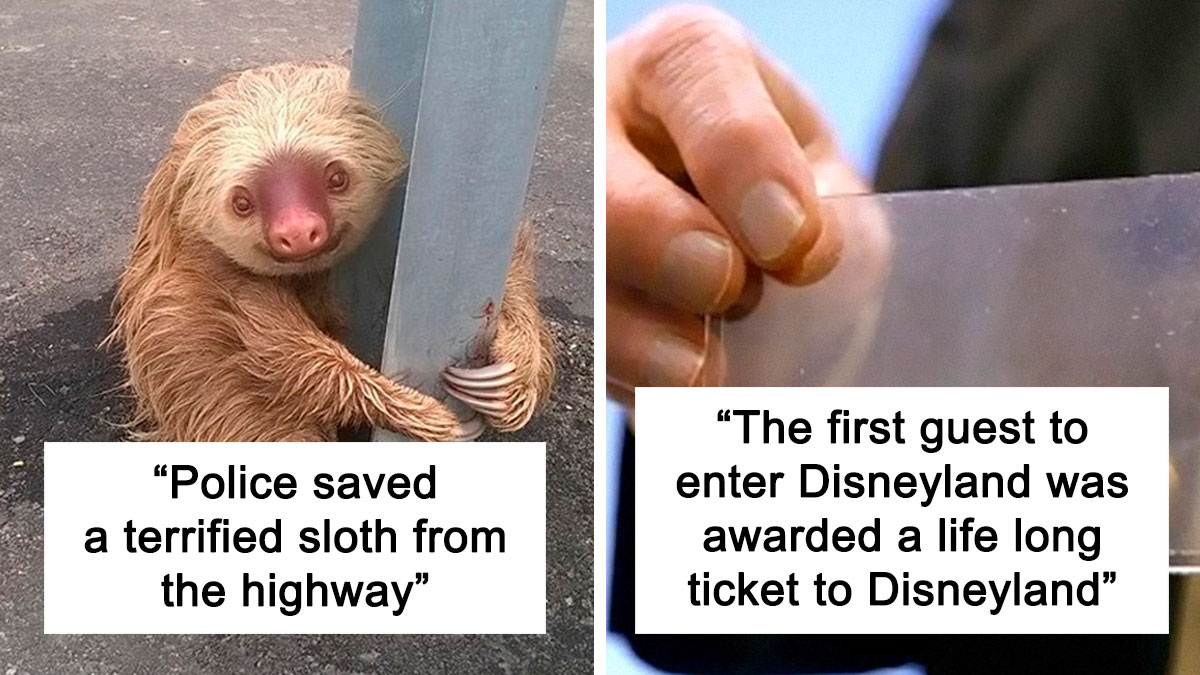
This Instagram Account Collects Mind-Boggling Facts About Our World And Here Are 50 Of The Wildest Ones
With the internet at our fingertips, it’s easy to think that learning factual information is a bootless errand. But as long as we uncover something new, no time is wasted. Finding out little tidbits about a certain subject, personality, or event can accelerate our critical thinking and let us discover secrets that make our everyday lives seem much more exciting.
So if you’re ready to expand your mental horizons, we’ve got you covered. Today, we’re going to take a deep dive into the world of interesting, captivating, and unheard knowledge. Enter the WTF Fun Facts Instagram account that collects intriguing trivia nuggets to prove that learning is so much more than memorizing dusty historical details.
From animals to people to science, the creators of this account are on a mission to enlighten their followers every single day. We wrapped up some of the best posts they had to offer, so take a look right below! And if you’re in the mood for some more factual goodness, check out our previous posts about it right here, here, and here.
This post may include affiliate links.
Now here comes a sadfact: My company, who made like 10million every year, sent 500€ to flood victims. Compare that to these ladies and this should be a loooot higher!!
To find out more about the power of learning, we reached out to Daniel T. Willingham, a professor of psychology at the University of Virginia and author, most recently, of Outsmart Your Brain: Why Learning is Hard and How You Can Make It Easy. He told Bored Panda that there are many benefits of learning facts and other fascinating bits of information: "Though it may sound odd, knowledge literally makes you smarter."
Willingham explained that we have a hard time doing the kind of critical thinking that everyone aims for on a subject we know little about. "Just think about how much easier it is to read a book or article on a subject that you know about, compared to one that is unfamiliar," he said.
"To put it another way, if your car breaks down, who do you think will be better at reasoning out what might be wrong: a brilliant professor of logic who never looks under the hood of his car, or someone who wouldn't know a syllogism if he tripped over it, but who loves working on his cars on the weekend?"
When you strive to become better at educating yourself, it's wise to set a target since it can really help with the process. "Having a goal changes what you learn," the professor told us. "It directs your attention and so changes what you think about as your learning. That, in turn, changes what you'll later remember. If the goal you set is well-aligned with what you later want to remember, that will help. If it's not, it won't."
If you’re looking for some tips on how to exercise your mind and get those brain cells going, Willingham suggested that reading posts like this one is a great way of achieving that. But if he had to speak more generally, "you know it when it’s happening."
"People overdo the comparison of the brain to a muscle, but in this case, it's apt — you know when you're working hard," he noted. "The one thing to keep in mind is that mental exercise is sometimes general, sometimes not. In other words, sometimes you work at a particular mental task, and you get better at that task, but you don't necessarily get better at other tasks, even ones that seem similar." The professor mentioned that failing to improve at certain tasks can happen, but it doesn't always mean that it will.
Nearly any kind of new learning helps to keep our minds fresh and healthy, whether it’s bringing back our rusty skills, learning a new language, or taking up a new sport. Willingham advised you, dear readers, that it's best to work at exactly the thing you'd like to improve on.
According to the professor, the internet is a good tool to have on hand when you’re setting out to learn something new. "But like books, or talking to people, it can be a great source of learning, but also a great source of distraction, or perversion, or evil. It all depends on what you do with it," he added.
Also, even the smallest detail of information we stumble across on the web should be taken with a pinch of salt, and that's why we have to fact-check it ourselves. After all, fake news spreads several times faster than the truth. So if you want to train your eye to separate fiction from credible information, see what other people have said about it. "It's kind of a waste of energy to spend a whole lot of time critically thinking about something when you're not even sure it's true," Willingham explained, suggesting to scout around.
He continued: "I also really encourage people to be intellectually humble. I used to watch a lot of documentaries on this one YouTube channel. I thought they were terrific, except when they covered the one topic I actually know deeply. Those videos made a lot of mistakes. At some point, I realized it didn't make sense that all the videos were accurate except those in my area. Those were the only ones for which I had the expertise to see the problems."
Remember that you have a powerful fact-checking device right there in your pocket. So use it to fight back against misinformation and lies and make sure that what you heard or read online is accurate and true.
However, even if the internet might seem like an endless source of information with sometimes overwhelming amounts of data, don't feel discouraged. "Learning doesn't have to be studying. Find websites that offer content that challenges you a little, that makes you think but that you still enjoy. Put a little more of those websites in your diet, and little less of the ones that are fun but are all fluff," the professor concluded.
And there was a story about an early English settler in Australia who asked a native what is the name of that animal, and the answer was "I don't know" in native, or 'Kangaroo."
He decided that during or after a very long wait for the president of Harvard to receive himself and his wife. They had first intended to donate the money.

 Dark Mode
Dark Mode 

 No fees, cancel anytime
No fees, cancel anytime 



